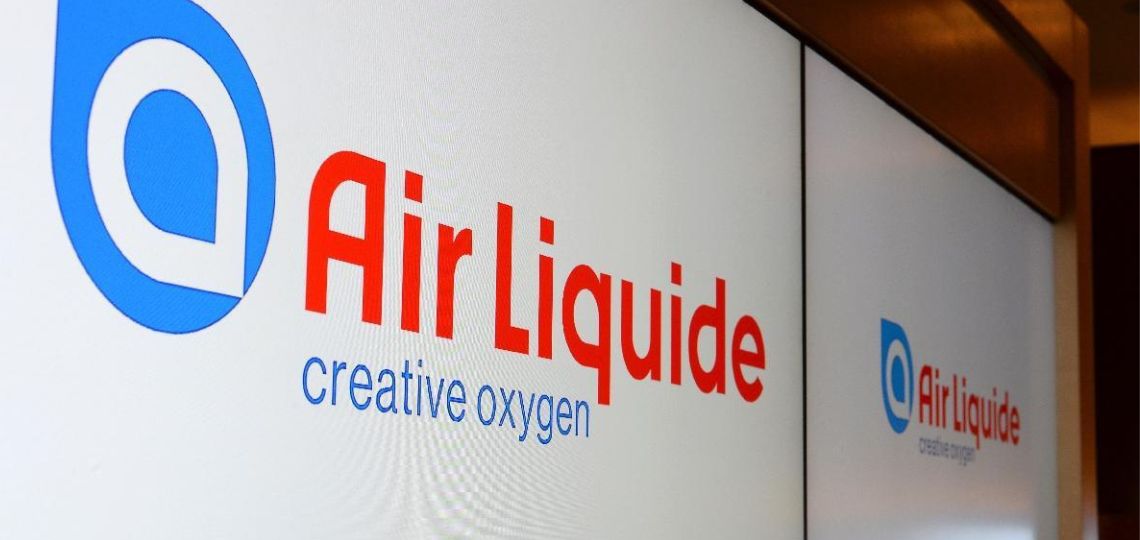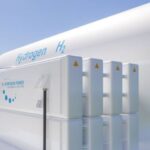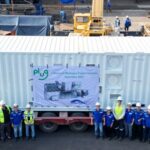In Belgium, an ammonia cracking unit has just been announced by Air Liquide. As part of the energy transition, this pilot unit will enable the conversion of ammonia into hydrogen, with an optimized carbon footprint. Advanced cracking technology will equip the unit and thus promote thedevelopment of hydrogen as aclean energy source.
Ammonia cracking, a green energy solution
Ammonia, a molecule composed of hydrogen and nitrogen, can be used as an energy carrier. Renewable resources such as solar, hydro or wind power allow ammonia to be produced with a low carbon footprint. This green energy allows the production of ammonia on a large scale for industrial use.
Today, a global supply chain is in place for the production, transportation and use of ammonia. This provides the opportunity for regions with renewable energy resources to export ammonia around the world to end users. Once it arrives at its destination, local industry converts the ammonia back into hydrogen to contribute to the decarbonization of industry and mobility.
An efficient Belgian pilot unit operational in 2024
Air Liquide combined a new efficient process with the company’s proprietary technologies to develop this innovative ammonia cracking pilot plant in Belgium. It should be operational in 2024. This ammonia cracking unit will allow conversion into hydrogen with an optimized carbon footprint. The Flemish government, through VLAIO, has already confirmed its financial support for this project.
With this announcement, Air Liquide is positioning itself as a major player in the energy transition. Thanks to the ammonia cracking pilot unit, hydrogen production is becoming more efficient and environmentally friendly. This ambitious project is financially supported by the Flemish government. The latter will strengthen the region’s green energy footprint. In addition, it will contribute to the reduction of greenhouse gas emissions.











